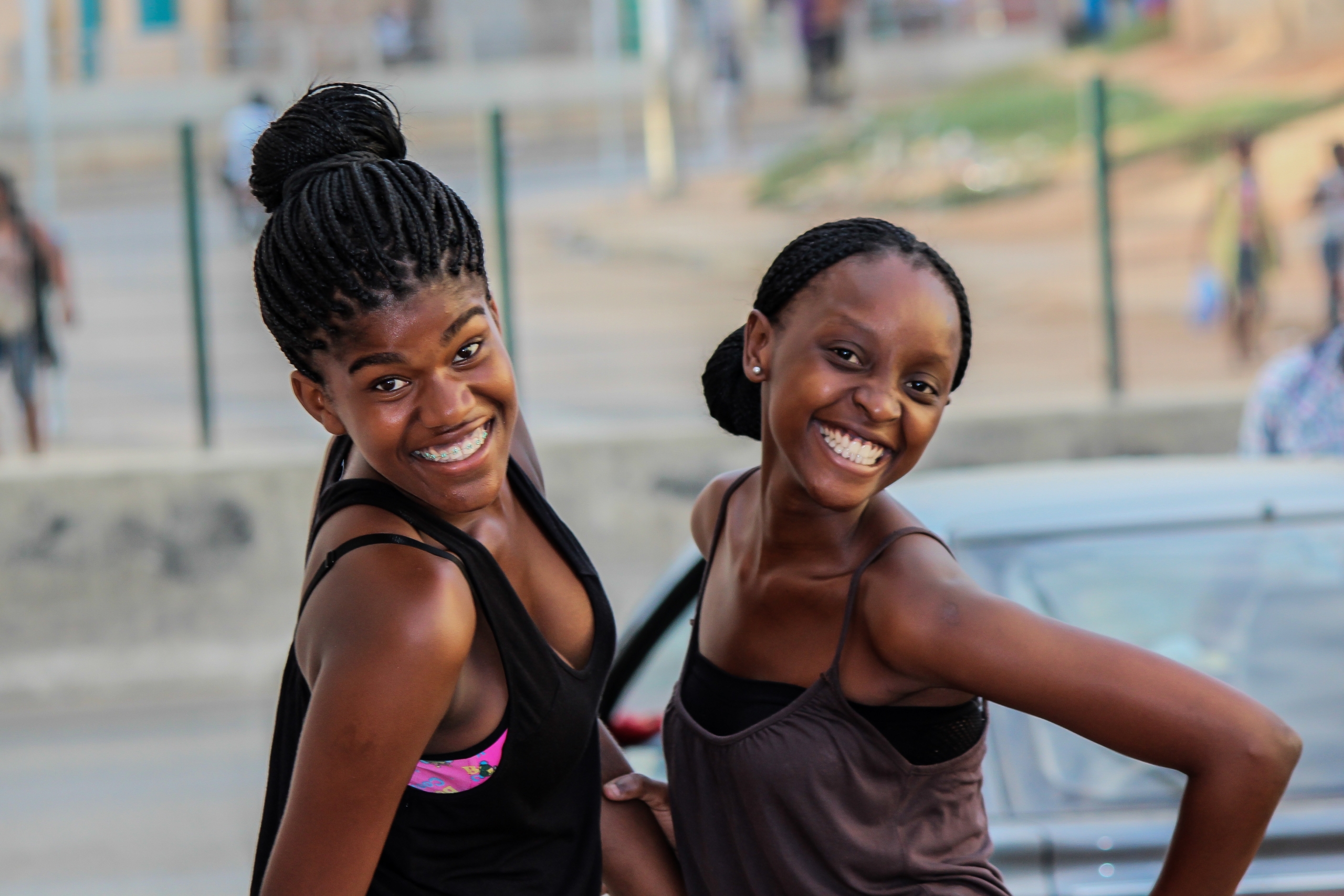Ending period poverty in Low-Income Countries
 Every month, 1.9 billion women experience menstruation, yet more than 500 million of them lack financial stability or access to both period products and food. Furthermore, among those who can, a large proportion report missing education, physical activity or other extracurricular activities due to menstruation. Health, self-esteem and social mobility are not only influenced by economic opportunities but also significantly impacted by issues like period poverty. The World Bank defines period poverty as “a lack of access to menstrual products, hygiene facilities, waste management and education.”
Every month, 1.9 billion women experience menstruation, yet more than 500 million of them lack financial stability or access to both period products and food. Furthermore, among those who can, a large proportion report missing education, physical activity or other extracurricular activities due to menstruation. Health, self-esteem and social mobility are not only influenced by economic opportunities but also significantly impacted by issues like period poverty. The World Bank defines period poverty as “a lack of access to menstrual products, hygiene facilities, waste management and education.”
Rita Jalali, a CAS professor, states that “research has shown that period poverty exacts a heavy toll on education, income and physical and mental health, even in wealthier countries. The use of unhygienic materials can become a risk factor for infection and a lack of menstrual-friendly toilets at workplaces can increase absenteeism.” Improving access to quality menstrual health and hygiene services worldwide is a crucial step toward advancing gender equality by addressing and combating period poverty. That said, here are three low-income countries working toward ending period poverty.
Kenya
One study found that 95% of Kenyan school girls experiencing menstruation miss one to three school days per menstruation cycle. Despite the Kenyan Government’s removal of value-added tax (VAT) on period products and making other policy changes, the price reduction was minimal, offering limited relief to those facing economic challenges, the price reduction was minimal, offering limited relief to those facing economic challenges.
To address this, the Kenyan Government, in 2020, launched the National Menstrual Hygiene Management Policy (2019-2030). The policy provides a map to ensure that individuals experiencing menstruation have access to the information, products, services, facilities and disposal methods they need.
Mozambique
In 2019, Mozambique launched the Urban Sanitation Project, a marketing and hygiene promotion campaign to improve menstrual health and hygiene for girls and women in the country. Interventions in schools and education centers are also among the objectives of this project. As of May 3, 2023, the Urban Sanitation Project has made substantial progress, achieving key end goals ahead of its June 2025 deadline:
- More than 97,000 students were provided with access to improved school sanitation facilities.
- Five cities gained an operational sanitation entity compliant with the Government regulatory framework.
- Five municipal bylaws were approved and published.
Ghana
Ghana launched the Greater Accra Metropolitan Area Sanitation and Water Project in 2013. This initiative involved an in-depth qualitative study with the specific goal of understanding the impacts of menstrual health interventions in schools on the educational engagement of adolescent girls.
With major goals ending in December 2024, several goals have been achieved, with further goals well on their way to being fulfilled. One successful goal of particular interest in ending period poverty is the 261,922 females trained to improve hygiene behavior and sanitation practices, surpassing the goal of 260,000.
– Charlotte Campion
Photo: Pxhere
